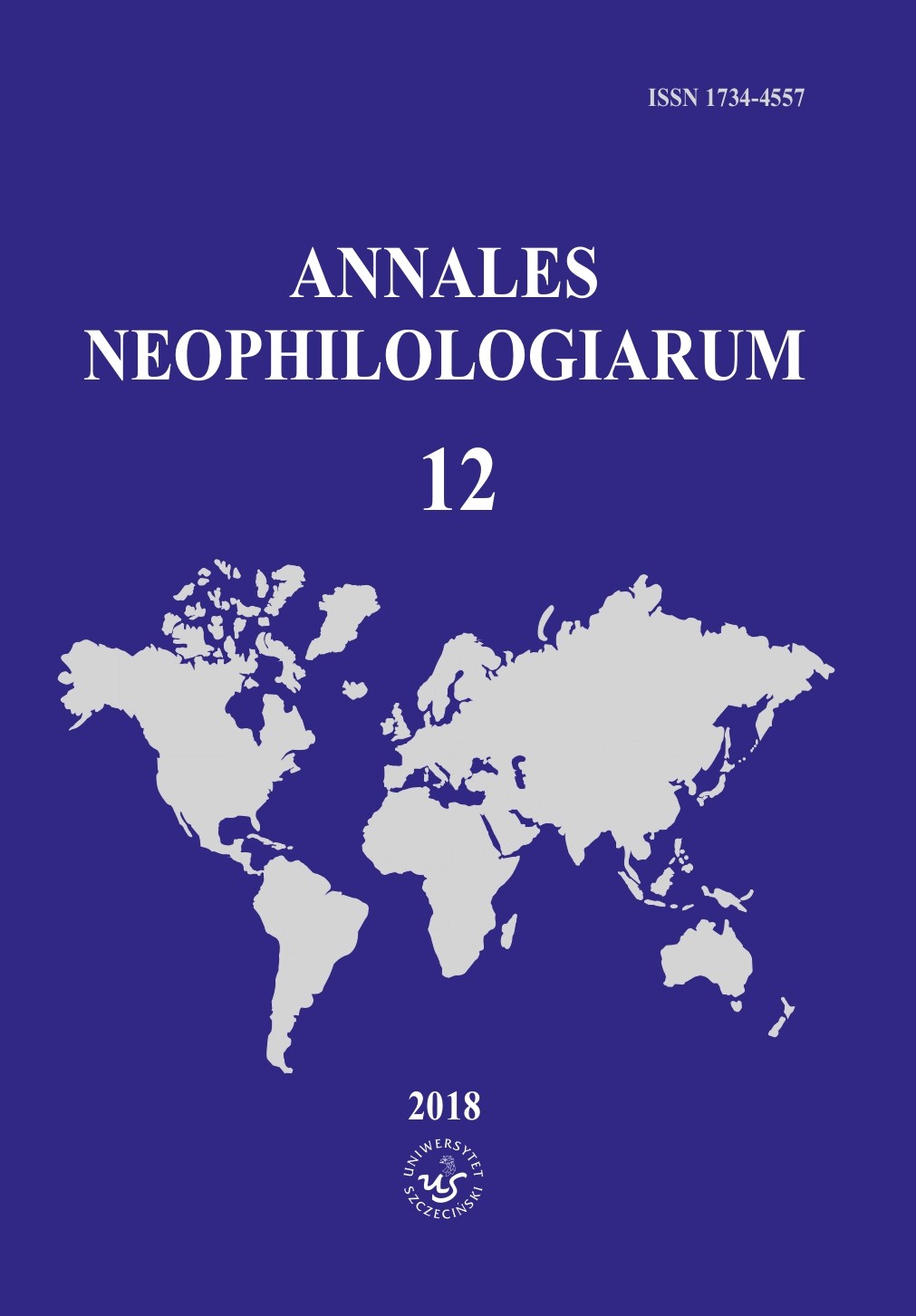Análisis del fenómenode Lola Flores en la España franquista
Analysis of the phenomenon of Lola Flores in francoist Spain
Author(s): Nina PielacińskaSubject(s): Politics, Language studies, Language and Literature Studies, Studies of Literature, Other Language Literature, Government/Political systems
Published by: Wydawnictwo Naukowe Uniwersytetu Szczecińskiego
Keywords: copla; Lola Flores; folklórica; copla; Francisco Franco; folklore
Summary/Abstract: This article is an attempt to analyze the phenomenon of popularity of the Spanish singer and dancer – Lola Flores. The artist appeared on stage in the 1940s, after the civil war and the victory of General Francisco Franco, who significantly influenced the culture and art of Spain. A very important role in this process was played by the mass media, particularly radio and cinema, in part, by contributing to the reinterpretation of the type of song known as the copla. This kind of music, performed by Lola Flores, was a manifestation of the most stereotypical ideas about the culture of the country, it contributed success to the artist’s, but at the same time it became a tool of propaganda in the hands of the authorities. However, in addition to the political factors that facilitated Flores career development, it was also important to combine two female myths to guarantee the respect and recognition of the society for the next fifty years.
Journal: Annales Neophilologiarum
- Issue Year: 2018
- Issue No: 12
- Page Range: 101-112
- Page Count: 12
- Language: Spanish

